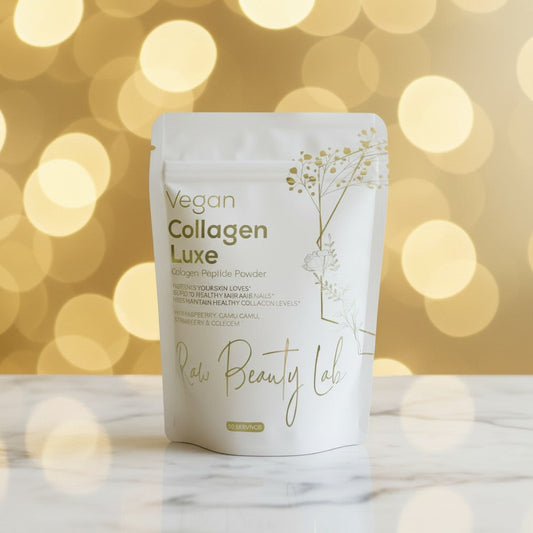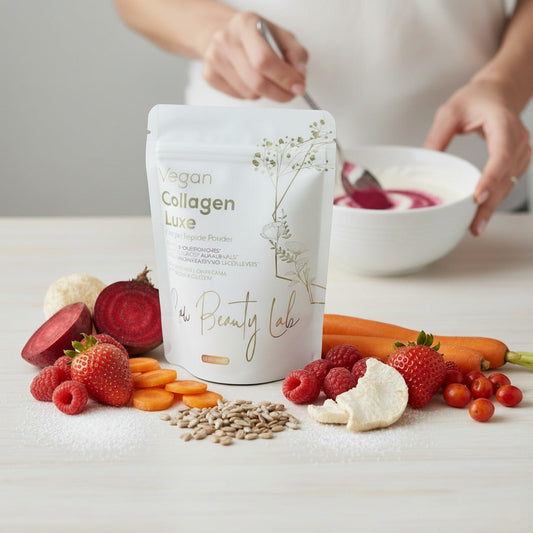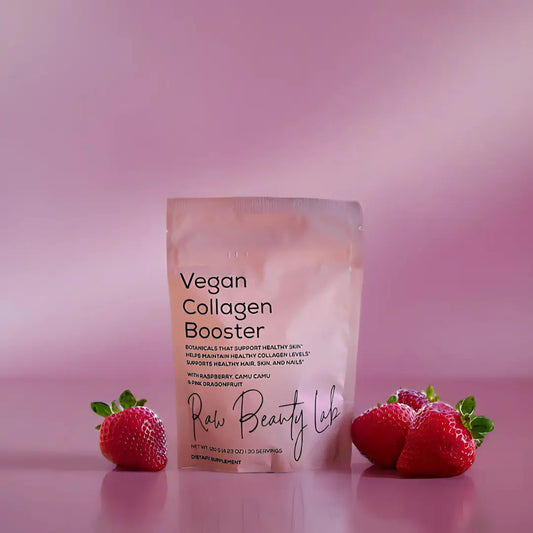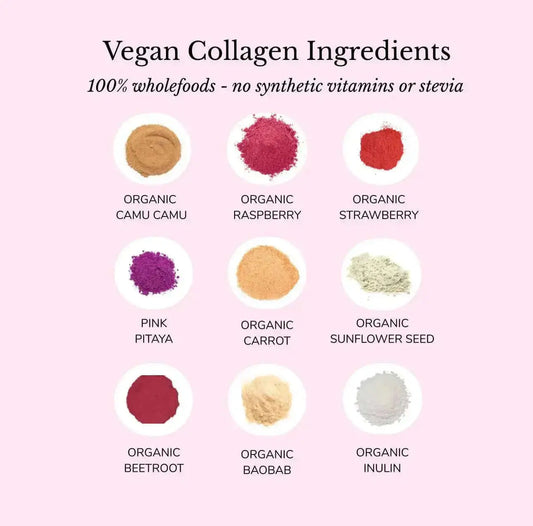Table of contents
Natural Retinol Alternatives: Effective or Hype?
Are you longing for radiant, glowing skin but want to keep it all-natural? You're not alone! With a surge of interest in clean beauty and skincare, natural retinol alternatives are becoming more popular. But are they truly effective, or just another skincare hype?
Understanding Retinol and Its Popularity
Retinol, a vitamin A derivative, is celebrated in beauty circles primarily for its anti-aging properties. It's known to stimulate collagen production, reduce fine lines, and improve skin texture. Sounds like magic in a bottle, right? However, retinol can be harsh for sensitive skin, causing irritation and redness for some.
That's where natural retinol alternatives step in! These plant-based solutions promise similar benefits without the unwanted side effects. But can they genuinely compete with the reigning champion of anti-aging?
The Marvels of Natural Retinol Alternatives
- Bakuchiol: Derived from the Babchi plant, bakuchiol has been stealing the spotlight as a gentler, plant-based counterpart to retinol. Studies, like one published in the British Journal of Dermatology, have shown bakuchiol to offer similar benefits as traditional retinol, such as improving signs of aging and enhancing skin firmness. The kicker? It doesn’t carry the same risk of irritation!
- Rosehip Oil: Packed with vitamins A and C, rosehip oil is another contender in the natural retinol arena. It's heralded for its ability to penetrate deep into the skin layers, intensely hydrating and improving skin tone and texture.
- Vitamin C: While it's not a direct substitute for retinol, vitamin C is a potent antioxidant that works wonders in brightening skin, reducing inflammation, and protecting against environmental stressors. For more on this, explore our [vegan collagen] which includes a rich blend of vitamin C packed ingredients.
The Science of Brightening: Vitamin C Skin Benefits
Vitamin C isn't just for fighting off the common cold. When applied topically, it can enhance skin radiance, reduce hyperpigmentation, and boost collagen production. Imagine glowing skin that speaks volumes! If you're on a mission for luminous skin, vitamin C might just be your new best friend.
Moisture Magic: Hyaluronic Acid vs. Glycerin
Let's dive into the great hydration debate. Both hyaluronic acid and glycerin are celebrated for their hydrating prowess, but how do they stack up against each other?
- Hyaluronic Acid: This molecule is known for its impressive ability to hold up to 1000 times its weight in water. It helps keep your skin plump, hydrated, and youthful-looking, reducing the appearance of fine lines.
- Glycerin: A humectant that draws moisture from the air into your skin; glycerin is slightly more versatile. It helps to soften and smooth the skin’s texture, making it a darling of moisturizers.
When it comes to choosing between the two, consider your skin's current needs and concerns. If you're searching for products that harness vegan skincare actives and are gentler on the environment, check out our Vegan Collagen - Vollagen® featuring the best of both worlds.
Peptides for Aging Skin: Small but Mighty
Peptides are short chains of amino acids that serve as the building blocks of proteins like collagen and elastin in our skin. They're essential for rebuilding and repairing skin tissues. In other words, peptides are the unsung heroes working tirelessly behind the scenes to keep your skin firm and youthful.
Incorporating peptides into your skincare routine can lead to visibly reduced wrinkles and an overall firmer appearance. They help signal your skin to produce more collagen, leading to the bouncy, radiant skin we all crave.
Adaptogens for Skin: Balancing Beauty
Have you heard the buzz about adaptogens? These are herbs that help the body resist stressors of all kinds, whether physical, chemical, or biological. When it comes to skincare, adaptogens like ashwagandha, holy basil, and rhodiola work to protect the skin against environmental aggressors, promote elasticity, and help maintain balance.
By including adaptogens in your regimen, you're giving your skin the tools it needs to defend itself, reducing redness and enhancing a balanced, glowing complexion.
Are Natural Retinol Alternatives Worth the Hype?
In a nutshell, yes! While traditional retinol remains a staple in the fight against aging, natural alternatives offer a promising route, especially for those with sensitive skin or a preference for plant-based ingredients.
It's essential, though, to keep realistic expectations. Consistent use of these natural wonders, paired with a healthy skincare routine and perhaps a dash of patience, will set you on the path to vibrant, healthy skin.
For those keen on exploring these natural alternatives, our Vegan Collagen - Vollagen® might just be the perfect fit to rejuvenate your regimen.
Want to know more about balancing your beauty routine with nature? Explore our treasures at Raw Beauty Lab and embrace the beauty of nature, one product at a time.






